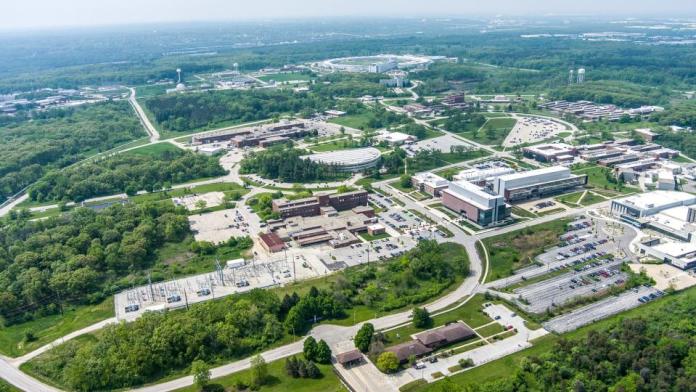Chemical recycling to produce new plastic instead of fossil-based production can significantly reduce greenhouse gas emissions, according to a US study.
Scientists from the U.S Department of Energy Argonne National Laboratory undertook a study from 2017-2021 using data from eight companies with various pyrolysis oil production processes.
The analysis found an 18% to 23% decrease in greenhouse gas emissions when making plastic with just 5% pyrolysis oil compared to crude-oil production of LDPE and HDPE.
When factoring in current end-of-life practices for plastics in the US such as incineration, there is a further 40% to 50% reduction in emissions when manufacturing pyrolysis-based LDPE and HDPE.
In the European Union, this rises to up to 131% reduction where more post-use plastics are incinerated.
Argonne principal energy systems analyst Pahola Thathiana Benavides said: “As advanced recycling becomes increasingly efficient, it is poised to play a major role in achieving global sustainability goals by reducing waste and greenhouse gas emissions.
“It can transform hard-to-recycle plastics into a multitude of high-value raw materials, reducing the need for fossil resources and potentially minimising the environmental impact of waste management.”
In addition to greenhouse gas emissions, the Argonne team assessed the fossil energy, water consumption and solid waste impacts of concerting post-use plastics into new plastics. The most-likely scenario of 5% recycled materials when compared to virgin production shows a reduction of 65% to 70% in fossil energy use, a 48% to 55% reduction in water use and a 116% to 118% reduction in solid waste.
The peer-reviewed study was supported by the American Chemistry Council and appeared in the November 2023 issue of Journal of Cleaner Production.













